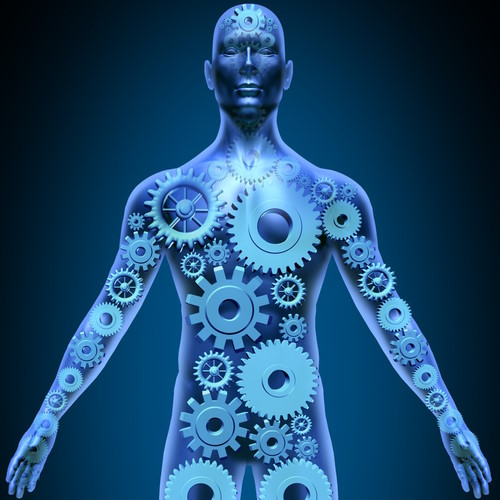Key points from article :
The first US implant was carried out as part of the CARMAT’s Early Feasibility Study (EFS).
Testing Aeson’s ability to keep patients alive for six months after implantation.
Replacement pumps can restore cardiac function in patients with end-stage biventricular heart failure.
Total artificial heart devices like Aeson allow patients to go home and return to their usual activities.
To achieve that, the device has to be able to sense changes in blood pressure and adapt its pumping activity.
It could be switched to “auto-mode” and maintain appropriate cardiac output, with few adjustments.
The primary endpoint is patient survival at 180 days post-implant, or a successful cardiac transplantation.
Includes one patient who has lived with the artificial heart for two years.
6 patients received the device as a bridge to transplantation, 4 implanted permanent replacement.
Carmet secured CE Mark approval for Aeson in December as a transplant-bridging device.
Research by Carmat published in ASAIO Journal





